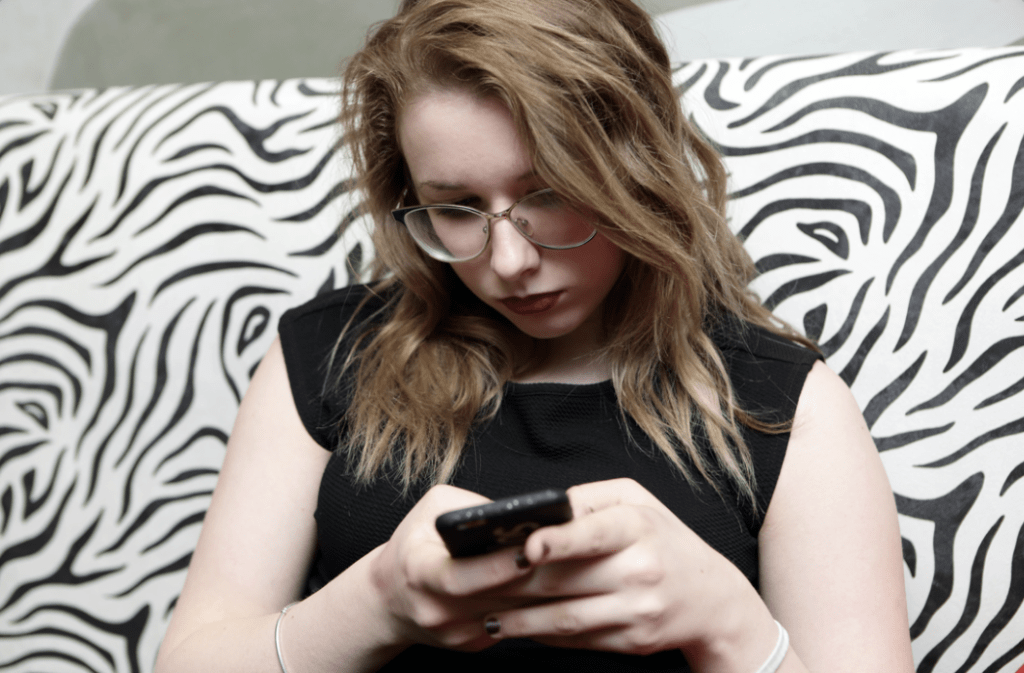Social Dilemma: Should My Kid Have a Smartphone?

As a parent, you may have wondered: Am I making a mistake letting my kid have a smartphone?
This question became all the more prominent after Netflix released The Social Dilemma, a documentary about the impetus behind Google and social media, just last month. Its message: Social media is programmed to keep us engaged so that we will be there to view (and ultimately click on) the ads.
The attention of every registered-for-free user is the product being sold to the advertisers, and attention is a delicate critical element of psychological wellbeing. As the saying goes, we are the product. The documentary specifically highlighted the heavy impact on teens, and particularly the use of Instagram.
With the COVID-19 reality, kids turn to phones for two main reasons:
1. Connect with school friends they don’t see in person, and
2. Sheer boredom due to lack of regular activities.
As we watch our kids escape into their phones, our parental dilemma grows deeper as we watch the impact on them and their moods. Of course we wonder about making a mistake, and ask ourselves: “Did I do the right thing? Should my kid even have a smartphone?”
Admittedly, whether we like it or not, kids are communicating via smartphones these days. The question has become not whether to get them a smartphone, but rather at what age, and within what boundaries? It isn’t hard to feel like we are making a mistake no matter what we do when it comes to these tricky decisions about smartphone use.
The Social Dilemma features testimony from tech leaders involved in the Center for Humane Technology. In the documentary, they recommend no social media accounts until at least age sixteen, and to set usage limits. For example, no phones in bedrooms at night. No phones at the dinner table. And of course parents can implement filters and time blocks on their kids’ phones, and work with them to manage their social media use.
On a broader scale, other initiatives have sprung up to curb internet usage on a societal level, such as the Sabbath Manifesto, which has encouraged unplugged times and days for the last decade.
Ultimately, we want our kids to feel connected among their peers, while tapering risk of addiction. Kids need to keep busy in ways which do not involve social media – live socializing (even if socially distanced), learning, being physically active, reading, exploring nature, engaging in spirituality, etc. When we prioritize healthy activities, there’s less time and incentive for social media, and we can be confident we’re not making a mistake.
Go with your instincts – and hold your ground – about the right balance for your family. You’re the guide for your child’s life – the smartphone’s lure is not.
Looking for more help with balancing parenting anxiety? Check out my book Hack Your Anxiety and the digital tools I’ve developed to expand the book’s concepts here, or sign up for my free mini e-course here.